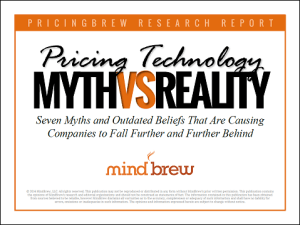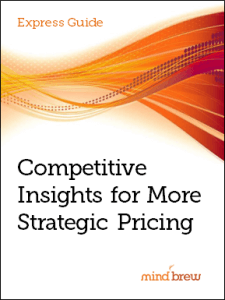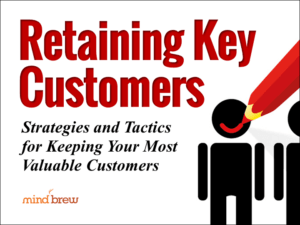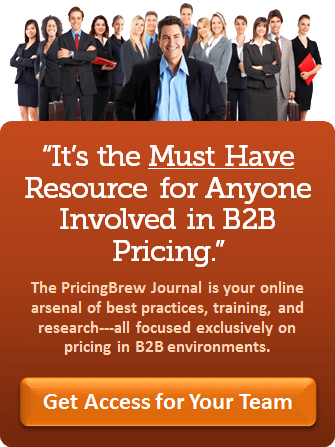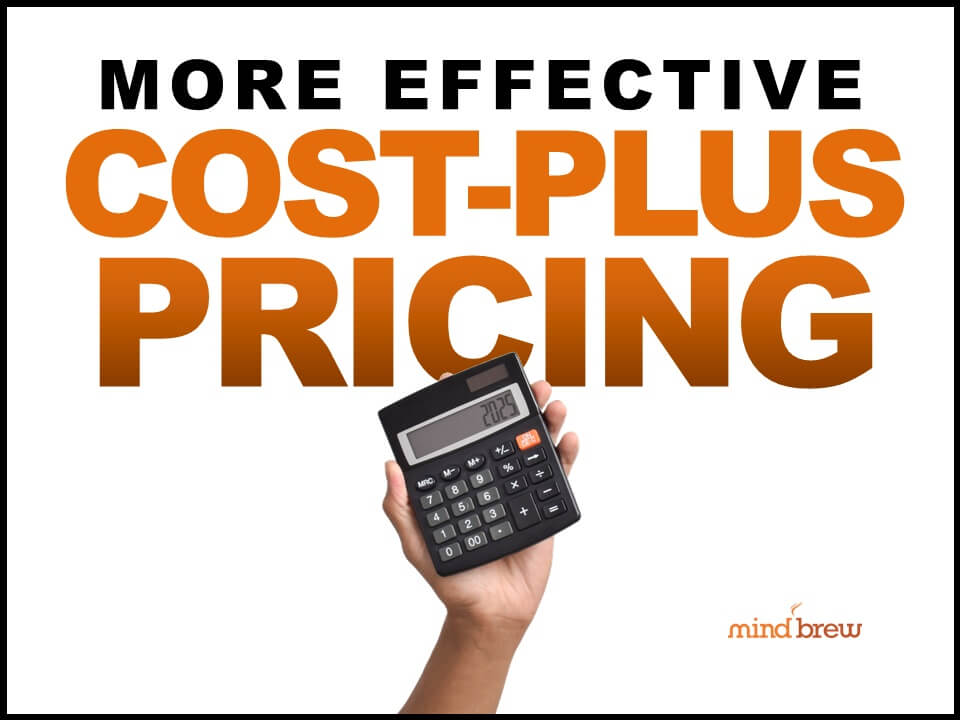A few years ago, I consulted with a Fortune 500 high-tech company on their go-to-market strategies. It didn’t take long to run into a surprisingly common hurdle–they were convinced that they sold a commodity. But it wasn’t just the sales and marketing team that I was working with that believed this. It seemed to be the whole company…the executive team…the CEO…even the board. Digging into their 10-K filings, they had even managed to get their shareholders convinced.
And they sure had their customers well trained, too–each quarter buyers reaped the rewards of having a supplier that was convinced they were selling a product without any qualitative differentiation. It made it really easy to play their sales team like a fiddle and buy at prices that seemed to drop each month.
You see, accepting the mindset that you sell a commodity can be like unleashing a pathogen into your company. It’s a mindset that can be surprisingly infectious…with dire consequences to profitability. The company that believes they sell a commodity can quickly start seeing changes in how their employees think and work:
- Sales people don’t need to sell, they just need to take orders.
- Marketing people don’t need to market, they just need to show their products are the same as the competition.
- Pricing people don’t need to set prices, they just need to know what products cost.
- CEOs don’t have to deliver on innovation, they just have to lower costs.
This company is hardly the only one out there afflicted with this mindset, but hopefully few have taken it to this level. Let it serve as a warning, though. Don’t let the word “commodity” freely enter your company’s vocabulary–once it’s released, it’s hard to eradicate.

